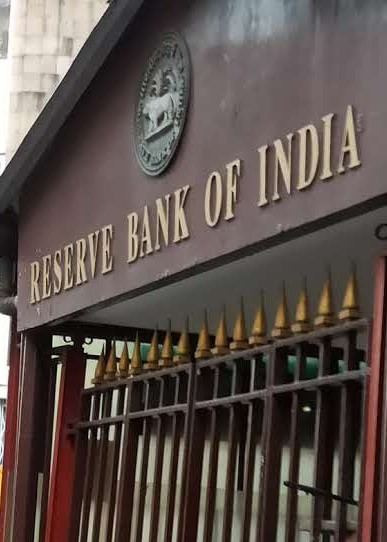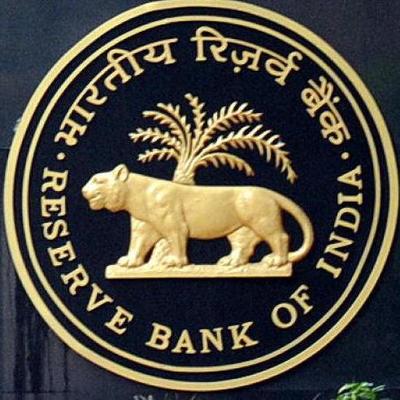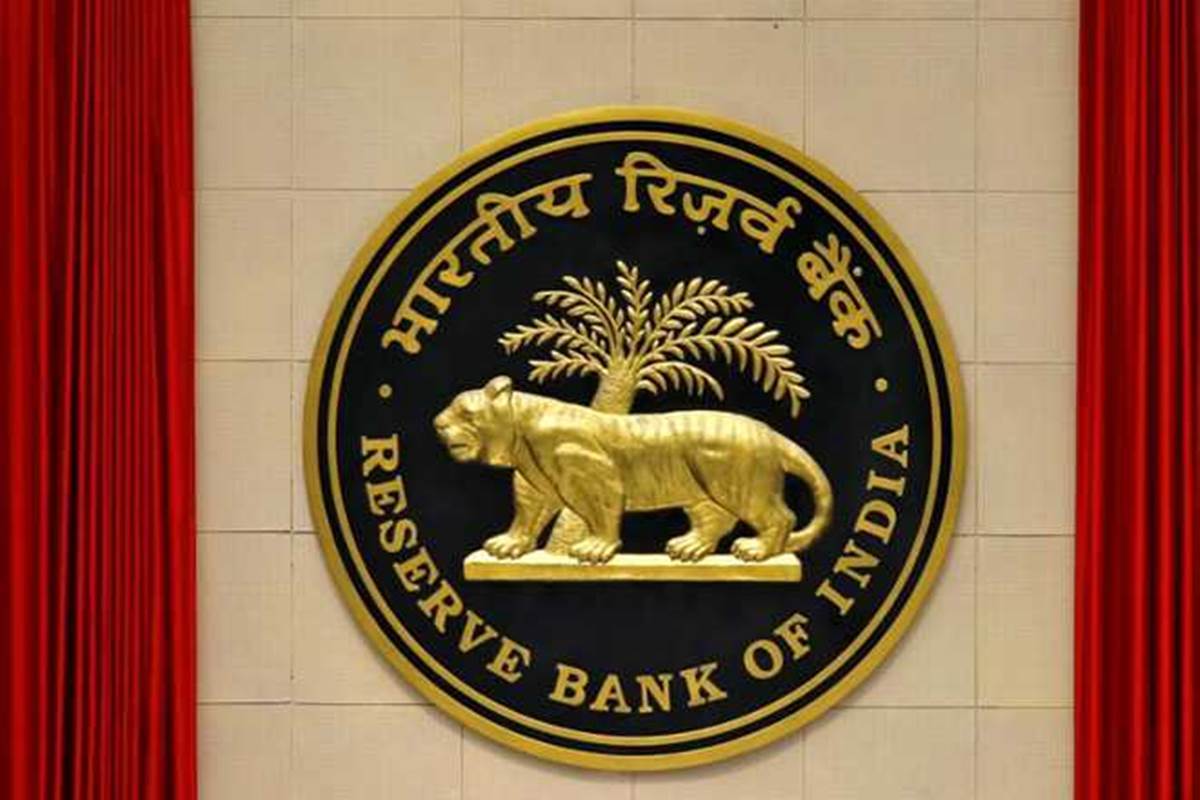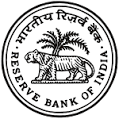Non-banking financial companies (NBFCs) with higher risk appetite pose a potential threat to the country’s financial stability even as their balance sheets have expanded while their asset quality has seen deterioration, the Reserve Bank of India (RBI) has cautioned.
“The higher risk appetite of NBFCs has contributed over time to their size, complexity, and interconnectedness, thus making some of the entities systemically significant that pose potential threat to financial stability,” the RBI has said in its annual report for 2021-22.
Nearly a dozen NBFCs have expanded their balance sheets exponentially, particularly in the retail segment. This has prompted the RBI to bring down the regulatory arbitrage of such companies with banks.
“The balance sheet of NBFCs expanded in 2021-22 (up to December 2021) but asset quality in the sector deteriorated. Nevertheless, capital cushions showed an improvement,” the annual report said.
With the NBFCs providing significant share of funding at the system level, continued attention to their financial health is warranted. Shadow banks and urban cooperative banks (UCBs) will have to pay attention to their frailties.
“NBFCs and urban cooperative banks (UCBs) will have to be mindful of frailties, wherever they exist, in their balance sheets and ensure robust asset-liability management, apart from improving the quality of their credit portfolios,” the RBI said in its annual report.
In the current financial year, the RBI is planning to introduce several measures to strengthen the regulatory and supervisory framework for NBFCs. Effective 1 October 2022, NBFCs will fall under a revised regulatory framework as they get layered based upon their size, activity and perceived riskiness.








